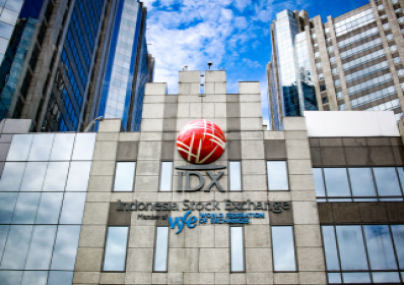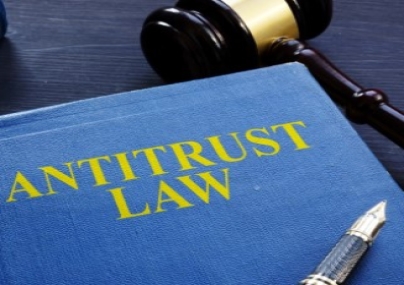By Olzhas Auyezov
Regulators in the United Arab Emirates suspended trade in shares of Dubai construction firm Arabtec on Thursday, in a sign they intend to become more active in pushing companies to disclose information.
Arabtec shares, which are often the market's most heavily traded, plunged in May and June in response to rumours and speculation about the company's ownership and management, dragging down the entire stock market.
Although Arabtec did not issue public statements clarifying these issues, neither the Securities and Commodities Authority (SCA) nor the Dubai bourse suspended trade in its shares, prompting fund managers to criticise standards of corporate regulation in the UAE.
On Thursday, however, the bourse said it was suspending trade in Arabtec on the instructions of the SCA, pending clarification from the company of media reports about strategic partners' stake in the firm.
"This is a very different way of doing things" compared with regulators' approach in June, said Amer Khan, a senior executive at local fund manager Shuaa Asset Management. "I think it's a positive change."
Last week, the SCA issued a statement saying it was establishing a new committee to ensure the soundness and integrity of share trading and prevent any manipulation of stock prices.
Arabtec shares more than tripled earlier this year, then lost over two-thirds of their value as rumours circulated of a dispute between chief executive Hasan Ismaik and Abu Dhabi state fund Aabar Investments, a major shareholder. Aabar eventually cut its stake in Arabtec to 18.94 percent from 21.57 percent and days later, Ismaik abruptly resigned.
Investors believe Aabar may now raise its stake again, probably through buying part of the 28.85 percent stake held by Ismaik; rumours of a possible deal boosted the stock sharply earlier this week.
Aabar has declined to comment. Ismaik has said he has received several offers for his stake, from parties he declines to identify, but that he may only consider selling at prices of 6 or 7 dirhams per share.


